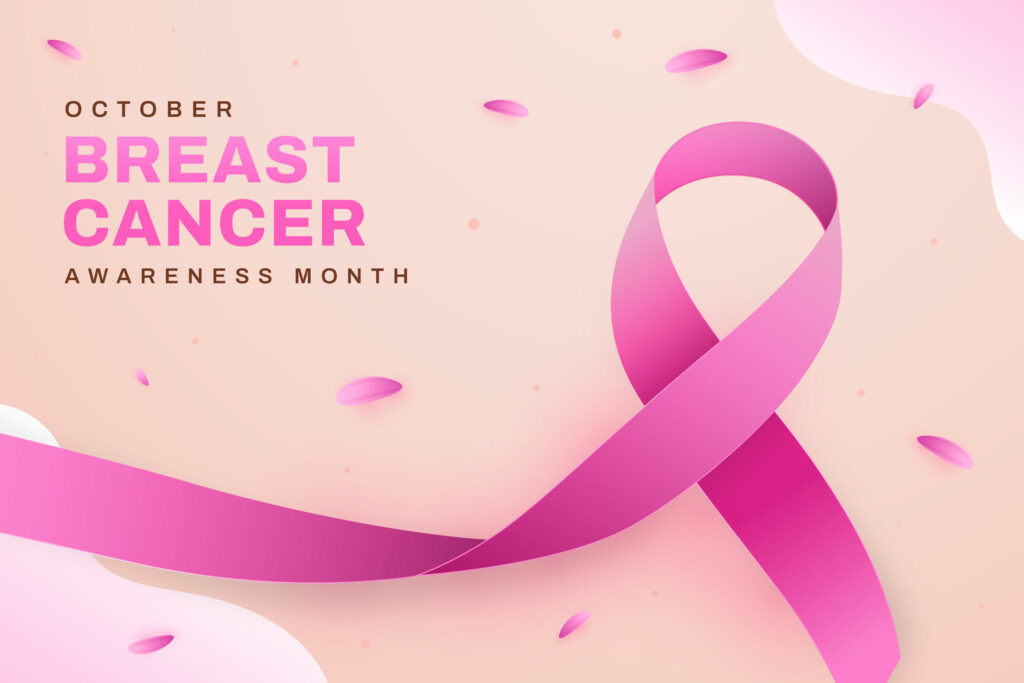advanced practice
TagWhat Top Medical Recruiters Want to See in Your Resume (Expert Advice)
Healthcare resume writing has become vital in today’s competitive job market—especially for advanced practice providers. As the U.S. healthcare industry undergoes major changes, APPs face both new opportunities and new challenges in 2025. Yet many…
New FDA-Approved Non-Opioid Pain Medicine: What Prescribers Need to Know
The FDA’s recent approval of Journavx (suzetrigine), a non-opioid pain medication, represents the most important breakthrough in pain management. Over 80 million Americans receive prescriptions for moderate-to-severe acute pain each year. This new…
The Rise of Functional Medicine: Root-Cause Healthcare for Chronic Conditions
The number of functional medicine (FM) practitioners in the U.S. has seen a dramatic rise, climbing from approximately 5,000 in 2010 to around 40,000 by 2020. Industry projections indicate continued growth in both employment opportunities and comp…
How Advanced Care Providers Can Turn Research into Better Patient Outcomes [2025 Guide]
The United States faces a critical physician shortage of up to 86,000 doctors by 2036, creating an unprecedented challenge in healthcare delivery. In fact, with 20% of clinical physicians already over 65 and another 22% approaching retirement age,…
Navigating the New Era of Patient-Centered Care in 2025
The year 2025 will mark a transformative period in healthcare as patient-centered care becomes increasingly prominent. This paradigm shift emphasizes treating patients as individuals with unique needs and preferences, fundamentally reshaping the p…
The Most In-Demand Specialties for NPs and PAs in 2024
As we near the end of 2024, the roles of Nurse Practitioners (NPs) and Physician Assistants (PAs) have become increasingly vital in the healthcare system. With a growing emphasis on accessible, high-quality patient care, these professionals are st…
How to Thrive in a Physician Shortage: Opportunities and Challenges
As we enter 2025, the healthcare industry is grappling with a significant challenge: a growing physician shortage. This shortage, driven by an aging population, increasing demand for healthcare services, and a wave of retirements among current phy…
What Can Elderly Care Be Expected to Look Like in the Near Future?
At a certain point, humans who are lucky enough to make it to old age transition out of what we often call “preventative care.” Lifestyle adjustments that are designed to maintain their good health. People in the final stage of life develop chroni…
The Job Market for Nurses Today: Opportunities, Challenges, and the Future
The nursing profession has always been a cornerstone of the healthcare system, and today, its significance is more pronounced than ever. The job market for nurses is experiencing remarkable shifts driven by global health challenges, an aging popul…
Enhancing Women’s Health CME: The Importance of Breast Cancer Awareness
In October, we observe Breast Cancer Awareness Month to increase education and awareness about a cancer that affects about 300,000 people each year in the United States, 40,000 of whom die from it. That’s why it’s so important to incorporate Women…




![How Advanced Care Providers Can Turn Research into Better Patient Outcomes [2025 Guide]](https://blog.healthjobsnationwide.com/wp-content/uploads/2025/01/picture1.jpg)





